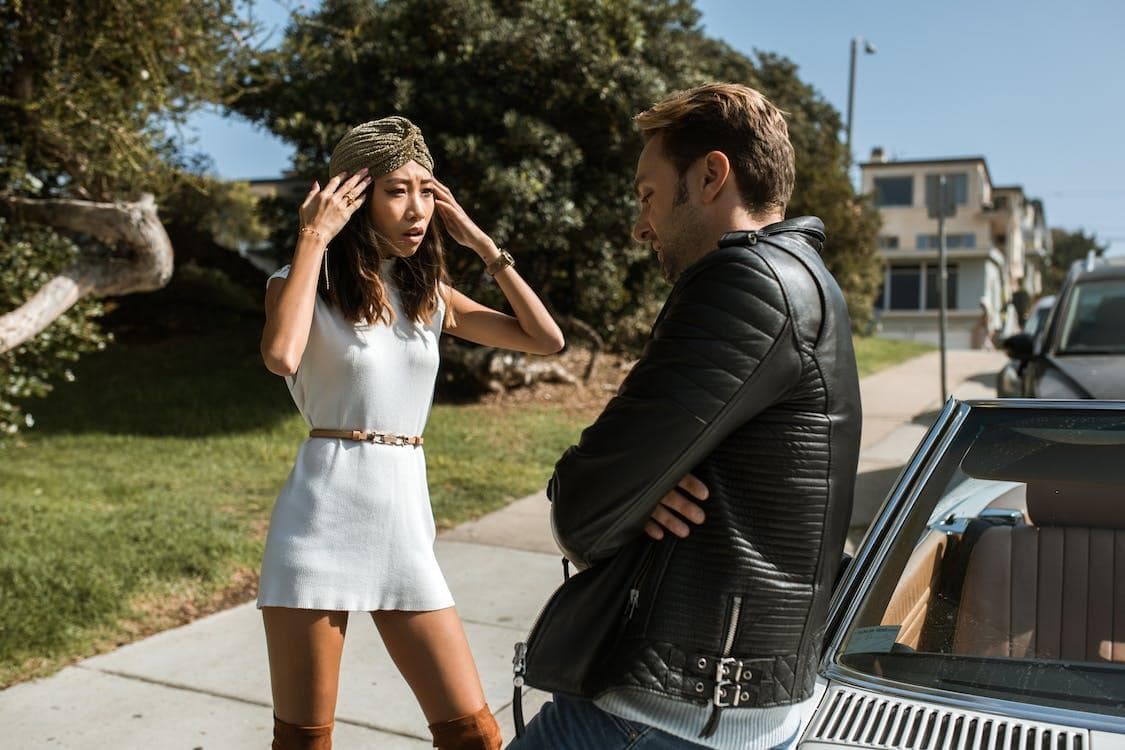The term “tort” has a few different meanings. In some contexts, it can refer to the general category of civil wrongs and injuries that are not considered criminal offenses. However, in Nevada courts, the term “tort” is most often used to refer to a specific type of case.
A tort is a civil wrong or an action that can harm someone. Torts can be filed in civil court and are not criminal charges. They’re usually related to personal injury cases, but they also include things like defamation (when someone says something false about you) and trespass (when someone enters your property without permission).
The main difference between torts and other types of cases is that they don’t require prosecutors to prove beyond reasonable doubt that someone committed a crime–only by what’s called “a preponderance of evidence” (more likely than not).
In this article we’ll take a closer look at tort law in Nevada as well as some common types of torts that people file claims over here in Nevada. Stay with us for more.
Types of Tort Cases
You’ve probably heard of tort cases, but you might need to learn exactly what they are. Tort law deals with civil wrongs and injuries to people, property and reputation caused by others’ negligence or intentional misconduct. Tort cases differ from criminal cases because they don’t involve government action against an offender. They also differ from family law matters (such as divorce or child custody) since they don’t involve marriage contracts or adoption proceedings.
Torts can be divided into two main categories: intentional torts and negligent torts. Intentional torts occur when one person intentionally causes harm to another person while acting without legal justification; examples include assault & battery (physical injury) and slander/libel (verbal injury).
Negligent torts occur when someone fails to act as a reasonable person would under similar circumstances; some common examples include auto accidents caused by speeding drivers or defective products that injure consumers.
Negligence
Negligence is a legal term when someone does not act as a reasonable person would. It’s also called “negligent conduct.”
A negligence claim in Nevada typically involves an accident and one or more parties who didn’t do something they should have done. For example, if you slip on ice outside a store and hurt yourself because the building owner didn’t salt their walkway or keep it clear of snow, you could sue for negligence under Nevada law (and potentially win).
Negligence cases often involve cars but could also apply elsewhere: if your neighbor leaves his dog tied up outside all day without water or shelter from the heat, this counts as negligent behavior toward animals (and potentially against humans).
Defamation and libel
Defamation is a false statement of fact about someone that damages their reputation. Libel is a written defamation, while slander is spoken. In Nevada, defamation can be intentional or negligent; if you know you’re saying something false but say it anyway, this is considered malice (i.e., the intent to harm).
Defamation cases usually involve accusations about a person’s character or integrity in the public eye–it could be saying they’re a thief or cheat, for example–but sometimes they also extend to business matters like product quality and service issues.
Invasion of privacy
An invasion of privacy is a tort based on the right to be left alone. It can be divided into three main categories:
- Publicity given to private facts (false light and misappropriation)
- Intrusion upon seclusion (intrusion)
- False light (misrepresentation)
Product liability
If a defective product has injured you, you may be able to file a product liability claim. Product liability claims arise when an unsafe or defective product injures a person, and the manufacturer or seller of that item is held responsible for their injury.
In order to prove that a defective product injured you, it must be shown that:
- The product was unreasonably dangerous when used as intended; and
- You were using the item as intended when you were injured; and
- You sustained damages through no fault of your own (e.g., if someone else caused your injuries while using your property).
Nevada Tort Cases
In Nevada, several types of torts can be filed in civil court. Torts are civil wrongs that cause injury to another person or their property. They include negligence, defamation, battery, and assault.
A tort claim must be filed within three years from when the incident occurred unless there was fraud involved or you were a minor at the time of your injury (under 18), in which case you have six years from turning 18 years old before your claim expires.
Conclusion
In this article, we’ve covered some of the most common torts in Nevada. If you would like to learn more about your options for filing a case, contact our experienced attorneys today. We understand that these types of cases can be stressful and emotional, but we are here to help guide you through every step of the process so that it is as easy on you as possible.
We at The Bourassa Law Group are here to manage all your legal troubles in the state of Nevada. Call us at (800)870-8910 and talk to our legal resource for directions.


